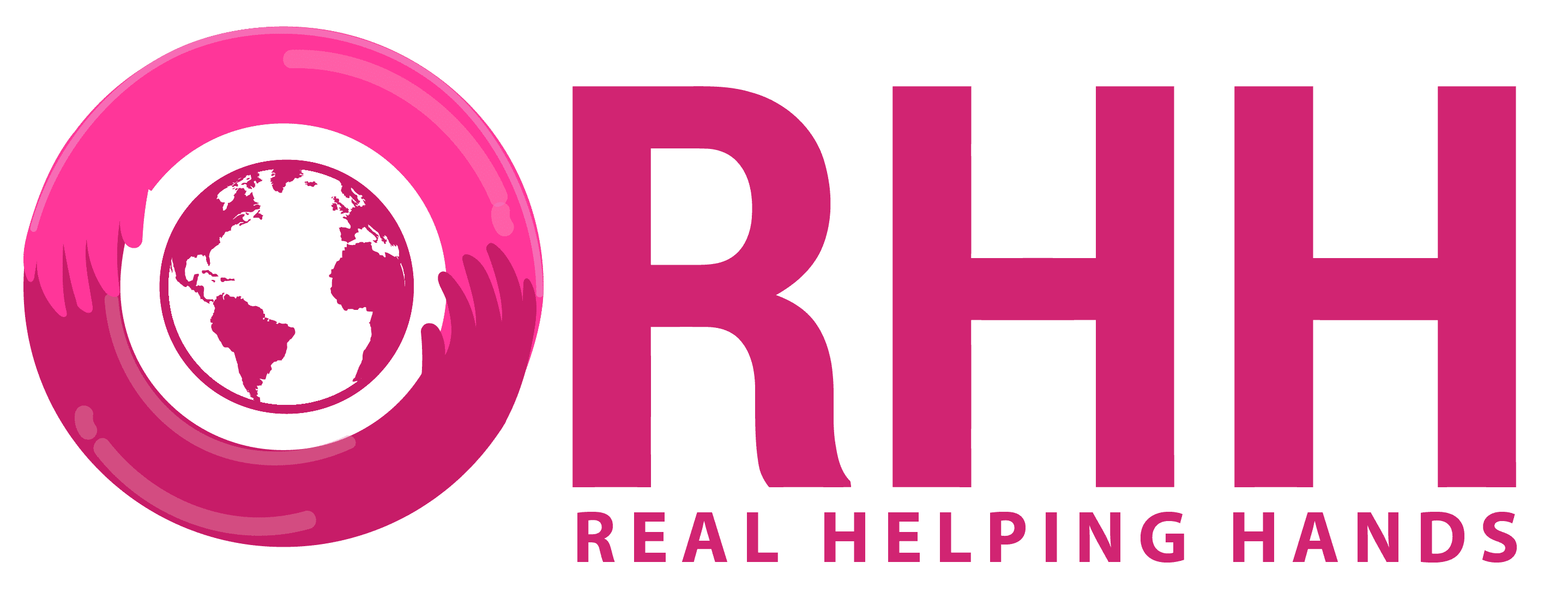Creation Control Explained
Production control is an individual of the very crucial facets of manufacturing. With no quality control process, firms can face expensive development delays and also other issues that can affect customer satisfaction. This article clarifies the importance of production control and covers five essential steps: redirecting, scheduling, dispatching, follow-up, and inspection. Similarly, managing time efficiently is crucial in gambling to maintain a balanced and enjoyable experience. Hantera din casinotid effektivt provides insights on setting limits, avoiding impulsive decisions, and maximizing entertainment while playing classic casino games like blackjack, roulette, and poker. By adopting smart strategies, players can ensure responsible gaming and prolong their enjoyment without unnecessary risks.
Routing is the very first step of creation control, and it determines tips on how to perform a specific procedure. It identifies the unprocessed trash needed, means like labor and devices, and the total targeted. Additionally, it creates a schedule for the length of time each step will take and establishes deadlines.
Arranging is the next step of creation control. It determines the order of tasks for workers to accomplish and how much work every employee should do. In addition, it accounts for virtually any changes in require or capability and determines how to react flexibly to conceivable unforeseen occasions. It also makes a decision when in the year to build up inventory, based on the estimated time it will take for your product to get completed.
Dispatching is the final stage of production control. That involves assigning tasks to workers and machines, monitoring the production process, adjusting plans when necessary, and moving resources between phases with the process. In addition, it ensures that products are provided on time and the quantities requested by customers.
A muslim is an important element of production control, and it evaluates perhaps the company’s operations met top quality expectations. It can consist of testing with regards to microbiological contaminants in food, critiquing the design of an automobile, or examining for any disorders in crafted products. It can also involve pondering the root cause of a problem and making changes in the routing, scheduling, or dispatching phases in order to avoid future occurrences.
